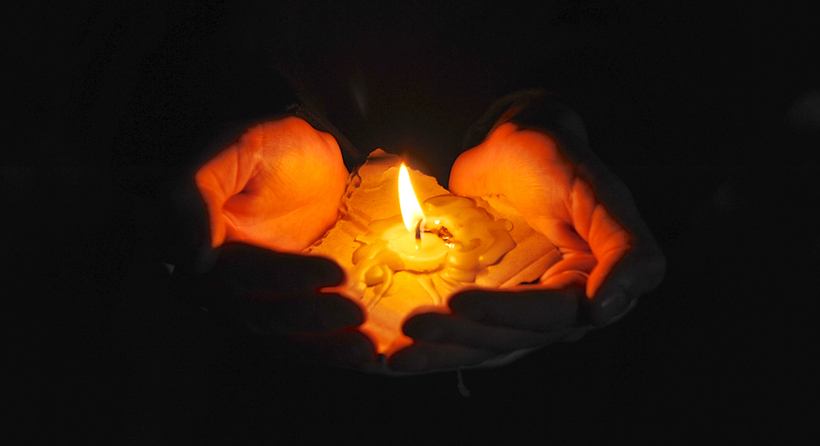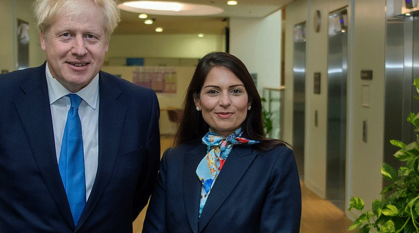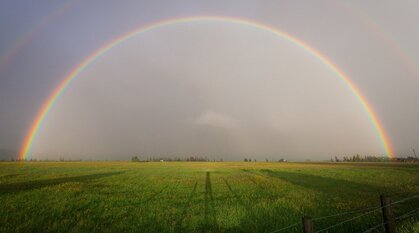One Day: Holocaust Memorial Day 2022
Oliver Robertson reflects on the memorial day theme and the long term work needed to learn the lessons of the Holocaust.

I remember learning about the Holocaust in primary school, and a classmate asking why we were being taught about these things if they're so terrible. "So that they don't happen again", replied the teacher.
Holocaust Memorial Day
Holocaust Memorial Day (HMD) is, as the name suggests, the national endeavour not to forget. It reminds us not only of the mass killing of Jews in Europe during World War II, but also of other groups persecuted and murdered by the Nazis, including LGBTQ people, people with disabilities and Roma and Sinti people.
It reminds us that as a species we have not learned the lessons of the Holocaust sufficiently, as subsequent genocides in Cambodia, Rwanda, Bosnia and Darfur show.
And it reminds us, in the words of this year's HMD theme, that One Day can utterly transform a life. These lives, the personal stories of those affected by genocide, are the emotional core of each year's commemoration, which I attend on behalf of Quakers in Britain. They are a visceral reminder that behind every one of the huge numbers of dead is a life lived, with relationships and meaning and importance to others.
Prevention of violence
As with other memorial events, a key part of remembering and reflecting is to redouble our commitment to prevent such things happening again. Prevention of violence is one of the key ways that Quakers work for peace, alongside peacebuilding – the rebuilding of peaceful conditions and relationships after violent conflict. Peacebuilding and prevention are intimately linked, of course, as by building a just peace you also help to prevent violence.
Quaker work in the former Yugoslavia in the 1990s and 2000s supported links between communities that had been divided by conflicts and killings in the previous decade, including the genocide at Srebrenica in 1995. In East Africa, Quakers are supporting local groups in Kenya, Rwanda and Burundi who build a more lasting peace by bringing communities together to challenging injustice.
Working for a better future
In Britain we're part of an informal alliance of organisations opposing the measures in the UK government's Policing Bill that would criminalise the centuries-old nomadic lifestyle of Gypsies, Roma and Travellers in Britain. And we are scoping the opportunities for peacebuilding in Britain, something our governing committee identified as a key need (PDF) in helping create the country, and world, we want.
We are under no illusions that this is work for the long haul, and that needs constant vigilance to avoid steps towards the horrors of genocide. Holocaust Memorial Day is just one day, but one that gives courage and encouragement to work for a better, more peaceful future where all humanity is valued. Join me and thousands of others on 27 January to light a candle in remembrance and hope.


